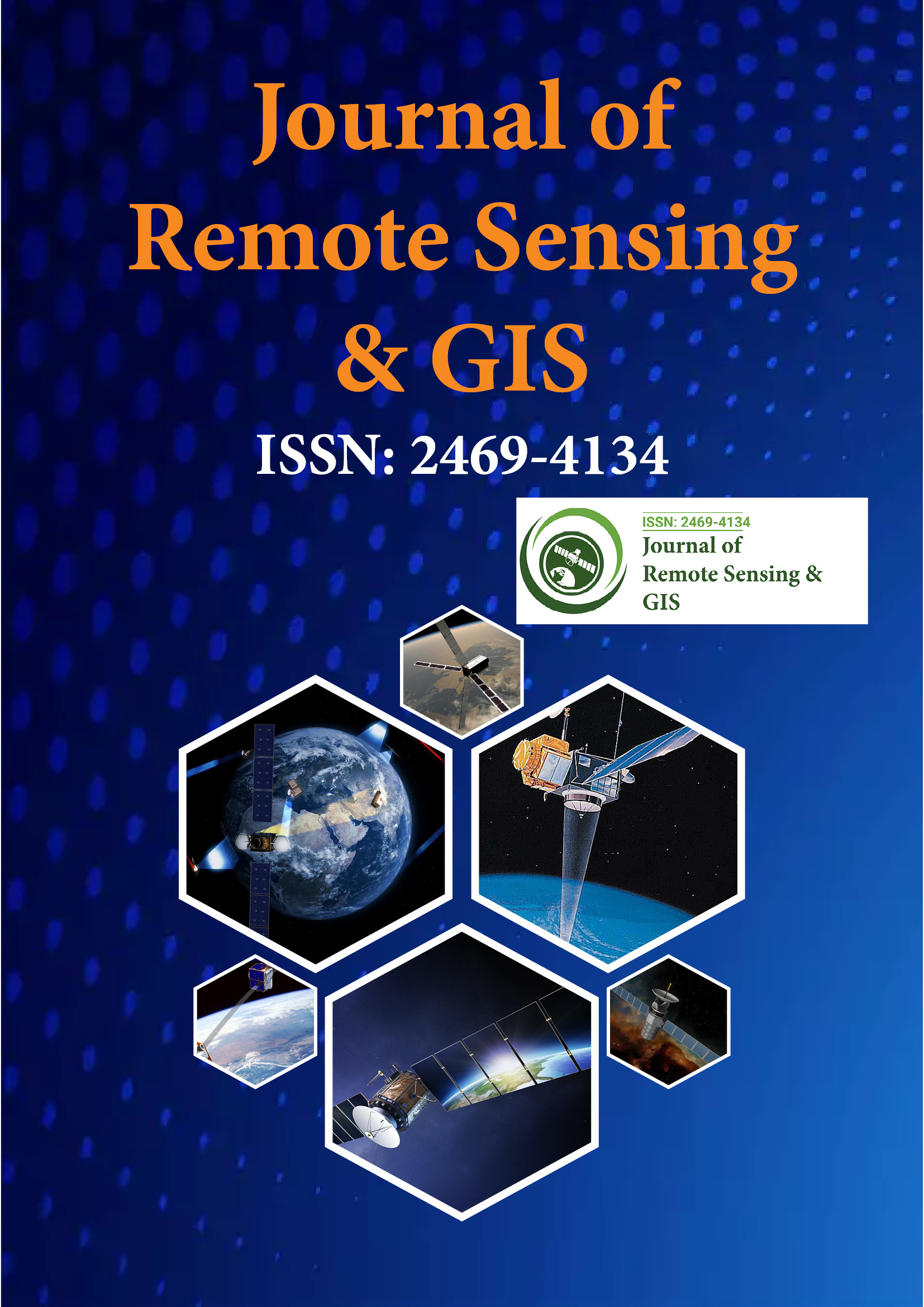Indexé dans
- Ouvrir la porte J
- RechercheRef
- Université Hamdard
- EBSCO AZ
- OCLC - WorldCat
- Publions
- Indexation scientifique internationale
- Pub européen
- Google Scholar
Liens utiles
Partager cette page
Dépliant de journal

Revues en libre accès
- Agriculture et aquaculture
- Alimentation et nutrition
- Biochimie
- Bioinformatique et biologie des systèmes
- Business & Management
- Chimie
- Génétique et biologie moléculaire
- Immunologie & Microbiologie
- Ingénierie
- La science des matériaux
- Neurosciences & Psychologie
- Science générale
- Sciences cliniques
- Sciences environnementales
- Sciences médicales
- Sciences pharmaceutiques
- Sciences vétérinaires
- Soins infirmiers et soins de santé
Abstrait
Géométrie linguistique : de la guerre antique au raisonnement conflictuel moderne
Boris Stilman
Les difficultés de modélisation des systèmes de défense sont liées au raisonnement antagoniste. Le principal problème est de générer en temps réel des plans d'action prédictifs intelligents pour toutes les parties en conflit. Ce problème est considéré comme insoluble par les approches conventionnelles qui souffrent de la malédiction de la dimensionnalité. La géométrie linguistique (LG) est un type de théorie des jeux évolutive pour la modélisation des systèmes de défense du monde réel. La LG nous permet de surmonter l'explosion combinatoire en changeant le paradigme de la recherche à la construction (de l'analyse à la synthèse). Les applications modernes de la LG, liées à la défense nationale américaine, génèrent, en temps réel, des plans d'action qui sont très créatifs et dépassent même le niveau de ceux développés par les commandants humains. Actuellement, le ministère de la Défense américain adopte le logiciel LG pour les systèmes de planification des opérations navales, le commandement et le contrôle des véhicules d'assaut d'infanterie, les tests de défense antimissile, etc. Dans son exposé, l'auteur présentera aux participants plusieurs applications avancées de la LG et plusieurs expériences de l'armée américaine et de la DARPA utilisant ces applications. Une partie de la conférence portera sur l'origine de LG, qui est une généralisation mathématique de l'approche sans recherche d'un expert humain pour jouer aux échecs. Il établira également un lien entre LG et les batailles légendaires d'Alexandre le Grand et d'Hannibal. Entre autres questions, il présentera l'hypothèse selon laquelle LG est l'un des anciens algorithmes basés directement sur le langage primaire du cerveau humain (comme suggéré par J von eumann).